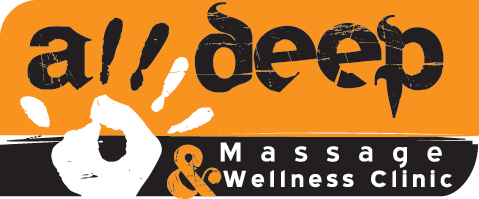A new study shows that acupuncture is a successful primary treatment for obstructive sleep apnea.
In six randomized controlled trials with 362 subjects, researchers at the Tongji Medical College of the Huazhong University of Science and Technology in China compared manual acupuncture and electroacupuncture against a control group to measure the effects each treatment would have on apnea and hypopnea. They found that both manual and electroacupuncture were highly effective in the reduction of apnea and improving oxygen saturation (SaO2) than the control groups.
What is sleep apnea?
Sleep apnea is a serious medical condition in which a person stops breathing many times throughout the night. This can be caused by the muscles in the throat relaxing, narrowing the airways and preventing the flow of air. Less airflow leads to lower levels of oxygen in the blood. As a person struggles to breathe throughout the night, they will awaken briefly and potentially also snore.
Apnea affects 12 million American adults (though many are not diagnosed) and is more common in men than women. Symptoms of sleep apnea include snoring and feeling fatigued after a full night’s rest.
Risk factors include excess weight, age, smoking, and hypertension.
Sleep apnea’s deadly effects
Sleep apnea can increase risk of stroke and results in a significant increase in sudden cardiac death. In a study following 10,701 adults aged ~53 for 15 years, 78% of which had sleep apnea, 142 had sudden heart attacks – some of which were fatal. Sudden cardiac death claims almost half a million lives each year.
Having more than 20 apnea events in a single hour results in low blood oxygen levels. A normal person’s oxygen saturation level is 95-100%, but a person suffering from sleep apnea can have a level of 78% or less – increasing their risk of sudden cardiac death by 80%.
How Chinese Medicine Treats Sleep Apnea
In classical Chinese medicine, the main causes of sleep apnea are qi stagnation and phlegm accumulation. In many cases, the symptoms of sleep apnea can be relieved by increasing the flow of qi and reducing the presence of excess phlegm using a combination of acupuncture, herbal medicine, and dietary therapy.
Your practitioner will evaluate your health history and symptoms to formulate a treatment plan specific for your needs. Common acupuncture treatments include stimulating the upper respiratory muscles to prevent them from collapsing during sleep apnea. Herbal treatments vary based on the patient’s constitution and particular set of symptoms.
More Treatment Options
If you think you may be suffering from sleep apnea, ask your doctor about having a sleep test done. If you have apnea, treatment options include:
- Diet and Exercise – if you are overweight, losing weight is shown to actually cure apnea.
- Chinese Medicine & Acupuncture – Acupuncture is affordable, effective, and has no adverse effects as a treatment for apnea.
- Drink less – Alcohol can relax throat muscles which allows obstructions. Reducing your alcohol intake results in fewer awakenings throughout the night, leading to more restful nights.
- Stop smoking – smoking exacerbates upper airway swelling, restricting airflow.
- Continuous positive airway pressure device (CPAP) – if you and your doctor have exhausted all these options, a CPAP machine will help you breathe throughout the night. A CPAP machine is a mask that covers your mouth and nose, supplying air to keep your airways open.
This article originally appeared on Doist Traditions.
